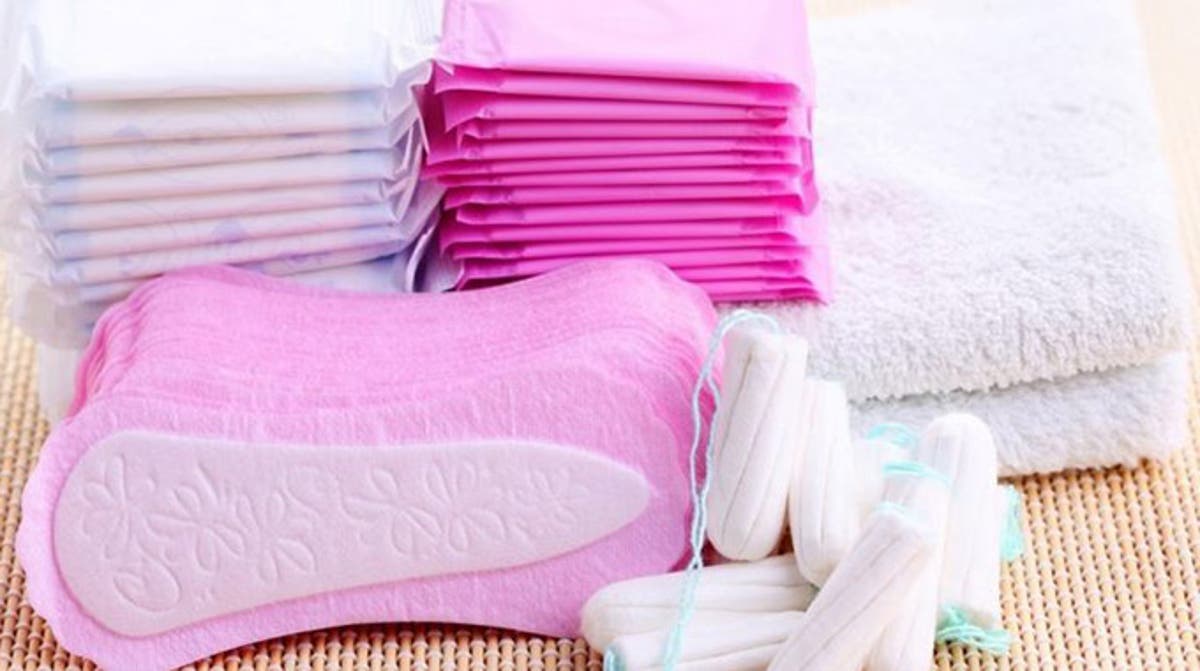
BY MAGRETH RUZVIDZO- Menstrual hygiene is an important concept which has been largely neglected in our societies. To many people, talking about menstruation is a taboo yet it’s an issue which is affecting women and young girls on a daily basis. With the absence of “tetes” and “gogos” to play the educative role nowadays, most women are left vulnerable and unaware of how to maintain menstrual hygiene. Teachers are also shunning away from such topics even though they are included in syllabuses, hence mothers should chip in and fill this gap. In this article, I am going to explain challenges faced by women in accessing menstrual hygienic requirements and how various stakeholders have been trying to fill this gap.
Menstrual hygiene can be defined as: “When women and adolescent girls use clean menstrual management materials to absorb or collect blood that can be changed in privacy as often as necessary for the duration of the menstruation period, using soap and water for washing the body as required, and having access to facilities to dispose of used menstrual management materials” (JMP 2012).
Most women and girls globally face difficulties in accessing proper menstrual hygienic facilities. In most African countries, there are scarce water sources especially in urban areas and this poses a challenge to most girls during their menses. They can’t bath as often as they need, and the prices of sanitary wear adds on top of the list. For instance, nowadays a packet of pads costs more than ZWL$100 which is beyond the reach of many.
Some organisations have come to the rescue by providing sanitary wear and imparting relevant information, but it seems this is not enough since they can’t provide enough to cover everyone’s expectations. It is important at this moment for mothers to take an initiative role and help their daughters so that they can have their menses safely and with dignity.
Culture also contributes immensely to menstrual hygiene and lack of it, its impact is even proving to be a challenge to break. In some cultures menstruating women are regarded as impure and in Shona language they call it “kusviba”. This is quite discriminatory. Even some churches still believe in this and segregate women during their menses forgetting that it is something which is natural. Just imagine going to church only to spend the rest of the day sitting in your own corner just because you are on your periods! Embarrassing, right!
Women rights activists who advocate for this are usually regarded as insane or trying to abolish societal values and norms. For instance, most schools, workplaces and even health centres have poor facilities for women to go through their menses safely. They lack water, toilets which can allow women to change their pads comfortably and even bins to dispose used pads properly. It becomes irritating to spend the rest of your day having a used pad wrapped up in your handbag. Surely you won’t feel comfortable at all. All these challenges hinder women from practising proper hygiene. This leads to absenteeism from school, work and other important gatherings. So if we calculate the days lost by someone who is on period, let’s say seven days per month- the result is surely shocking and have a huge bearing on the development of the country.
May 28 is a day set aside globally as a Menstrual Hygiene day, in trying to bring awareness on menstrual hygiene and showing its impact in empowering women, boosting their confidence and helping them to see their capabilities.
Having considered all these challenges and their effects to women, it is vital for societies to be supportive to a girl child. Instead of societies being totally silent on these issues, they can mobilise people who can talk about it and impart knowledge on others. Having mastered all these concepts, surely we can all create a transparent society where there is no discrimination and stigma, and this can contribute to the development of the country.